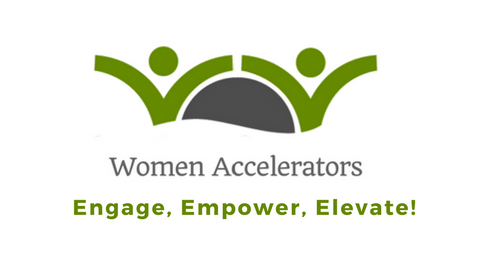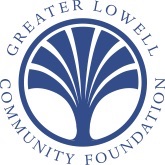We are now halfway into our Mentoring Program! Between February and April, groups met for the first time. Many groups are now meeting virtually on Skype for their second and third meetings in late spring/early summer.
Soon after our first check-in with mentee participants, one of our mentors asked if there could be a check-in for them, as well. This made us realize that, while our mentors have more professional experience than their mentees, they could also use frameworks to support their efforts for our Mentoring Program.
What are some ways to ensure mentorship is successful? Are there activities mentor teams can work on together?
Regular communication is key!
We suggest groups connect every month. While the first meeting was in person, we encourage groups to meet via Skype to give more options for scheduling. Over the course of six months, it is possible mentees have graduated or moved for new jobs.
Even if all group members are in the same location, keeping consistent meetings throughout a six month period can be a challenge. The most important thing is to stay in touch. Some groups may use platforms like Google Hangouts or Slack, while others may prefer group e-mail. If mentors are willing, offer for mentees to reach out to you personally for one-on-one advice.
We suggest mentors lead with check-in questions via e-mail, such as
- What are points/issues you’d like to discuss?
- Any news/changes that have happened since we last talked?
These are helpful to send in advance of a meeting — so that there is an agenda to talk about — or in place of a meeting.
At the start of the program, mentors received PDFs with each mentee’s goals. Halfway through the program is a good checkpoint. What are a particular mentee’s roadblocks, if any, to reaching those goals? Some mentees may have achieved something they weren’t expecting.
Beyond checking in, what are some things groups can discuss?
Here are some words from our mentors, regarding activities/discussion starting points that help spark discussion:
To engage all in a meaningful way is important – so I usually start with something like: what is the best experience and/or worst experience you had in the past week. Is there something lodged in your head you keep on thinking about…Whatever discussion this sparks, leads directly to mentoring moments….and naturally develops a very engaged further discussion. I invite other mentees to ponder, suggest, or compare their own experience among themselves before I come in to “mentor”. Oftentimes, by offering hints, leading questions targeting specific issues etc….the mentees actually come up with various good solutions themselves. Those are the best/most valuable learning/mentoring moments.
We attended a women’s salary negotiation workshop together. Doing a group event/speaker/training was nice.
It is important to acknowledge life demands within the context of the goals they have set for themselves to get from this mentoring program. More than anything, those demands put stress on goal achievement. Helping them adjust the pressure they put on themselves to achieve “now” is helpful.
The Women Accelerators volunteer team put together the following additional list of activities:
- Role playing scenarios in the workplace/laboratory/etc.
- Resume and cover letter writing/editing session
- Practicing salary negotiation
- Practicing a job interview
Our mentees are growing to become our next leaders
As groups progress through the program, mentees are gaining experience which may help them be future mentors, or simply support their fellow mentees. We hope that our program will keep the cycle of support going. A couple mentors mentioned the following, regarding mentee contributions:
One of my mentees has stepped up to do more of the organizing. I think an articulation of these responsibilities, who holds them, and how they may rotate among the mentees would be helpful at the outset.
My approach is ‘peer’ mentor b/c most are not just out of school/post-doc
Mentors might also reflect on their own journeys to generate additional discussion points or storytelling opportunities for their group. Some guiding questions:
- What was a time you learned a lot because it didn’t go smoothly?
- Who was your best mentor and what did you learn from him/her?
- What skills do you think are critical as a woman leader?
- What was your proudest moment?
We hope this list of tips, discussion points, and activities will be useful to our groups, and wish everyone the best for the next weeks of the program! Later in the summer, we’ll share some final thoughts and concluding lessons on our 2017 program.
We are so grateful for the mentors who have volunteered their time this year!

